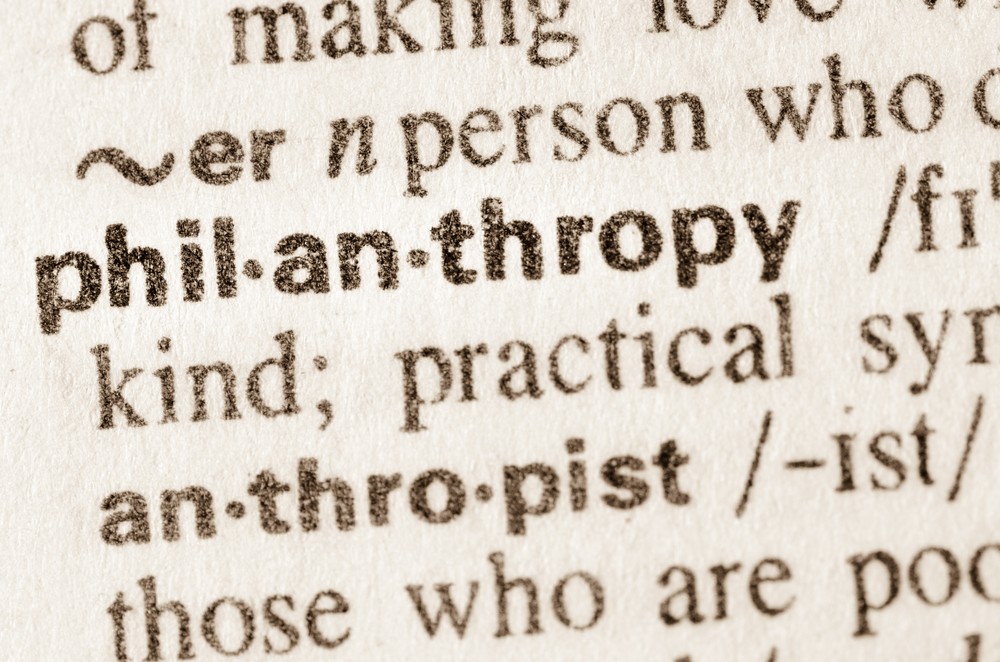Popular Reads
Top Results
Can't find what you're looking for?
View all search resultsPopular Reads
Top Results
Can't find what you're looking for?
View all search resultsAdvancing SDGs: The role of philanthropy
According to a UN estimate, Indonesia must fill an SDG funding gap of US$4.7 trillion to reach its SDGs in 2030.
Change text size
Gift Premium Articles
to Anyone
Indonesia is the most generous country in the world, ranking first with a score of 69, according to Charities Aid Foundation’s 2021 World Giving Index (WGI). That was an increase from the score of 59, the last time the WGI was published in 2018. Indonesia also ranked first in the world then.
The index also shows Indonesia’s rate of volunteering is more than three times the global average, indicating the spirit of gotong-royong, the age-old practice of mutual aid, remains strong, particularly during times of disasters, such as the current period of the COVID-19 pandemic.
We are very proud of Indonesia’s record of generosity and applaud its achievement, as time after time, it has helped to overcome disasters, great and small, that have occurred in the country. But that is only part of the story.
Indonesian generosity, massive as it is, tends to be ad hoc, personal and informal. Giving is mostly religion-oriented and tends toward welfare areas compared with such areas as education, health or the environment. Indonesians prefer to donate directly to those in need rather than to organizations aiming to achieve beneficial long-term change in our society.
The United Nations 2030 Agenda for Sustainable Development is a long-term global program, adopted in 2015, by all United Nations member states, including Indonesia. The core of the 2030 Agenda is the 17 Sustainable Development Goals (SDGs) that are urgent calls for action for all countries – developed and developing – to end poverty by 2030.
This is to be attained through individual country strategies to reach their respective SDG commitments by, among other measures, improving health and education, reducing inequality, producing economic growth and mitigating the impact of climate change through the preservation of our oceans and forests.
As the road map of SDGs Indonesia issued by the National Development Planning Ministry/National Development Planning Agency (Bappenas) states, “Accomplishing SDGs is also accomplishing Indonesia’s development agenda. Indonesia is putting its best effort to mainstream SDGs into its development policies and targets, and to ensure their implementation on the ground. These ambitious goals must be achieved, but it needs collaborative actions among stakeholders, shared contributions, as well as innovative approaches and strategies.”
to Read Full Story
- Unlimited access to our web and app content
- e-Post daily digital newspaper
- No advertisements, no interruptions
- Privileged access to our events and programs
- Subscription to our newsletters
Purchase access to this article for
We accept



Redirecting you to payment page
Pay per article

Advancing SDGs: The role of philanthropy
Rp 29,000 / article
- Palmerat Barat No. 142-143
- Central Jakarta
- DKI Jakarta
- Indonesia
- 10270
- +6283816779933




Your Opinion Matters
Share your experiences, suggestions, and any issues you've encountered on The Jakarta Post. We're here to listen.
Thank You
Thank you for sharing your thoughts. We appreciate your feedback.
Share options
Quickly share this news with your network—keep everyone informed with just a single click!
Gift Premium Articles
to Anyone
Share the best of The Jakarta Post with friends, family, or colleagues. As a subscriber, you can gift 3 to 5 articles each month that anyone can read—no subscription needed!
Continue in the app
Get the best experience—faster access, exclusive features, and a seamless way to stay updated.








